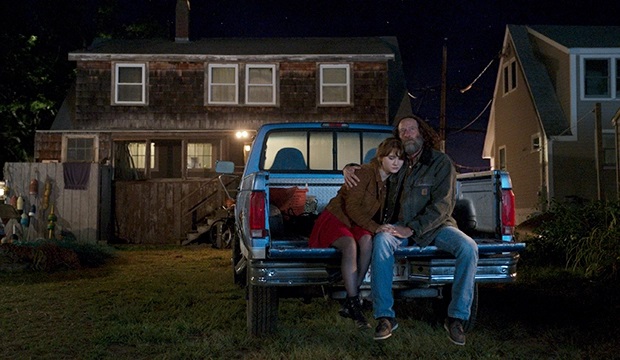| Academy Award Nominations: |
| Best Picture |
| Best Supporting Actor: Troy Kotsur |
| Best Adapted Screenplay: Siân Heder |
|
| Golden Globe Nominations: |
| Best Picture (Drama) |
| Best Supporting Actor: Troy Kotsur |
|
| Other Awards: |
| Sundance Film Festival: Grand Jury Prize (Dramatic); Audience Award (Dramatic); Best Director (Dramatic); Special Jury Award for Best Ensemble Cast |
| Producers Guild of America: Best Picture |
| Screen Actors Guild Award: Best Ensemble Cast; Best Supporting Actor (Kotsur) |
| Writers Guild of America: Best Adapted Screenplay |
| Film Independent Spirit Award: Best Supporting Actor (Kotsur) |
| Boston Society of Film Critics: Best Supporting Actor (Kotsur) |
| British Academy Awards (BAFTAs): Best Supporting Actor (Kotsur); Best Adapted Screenplay |

